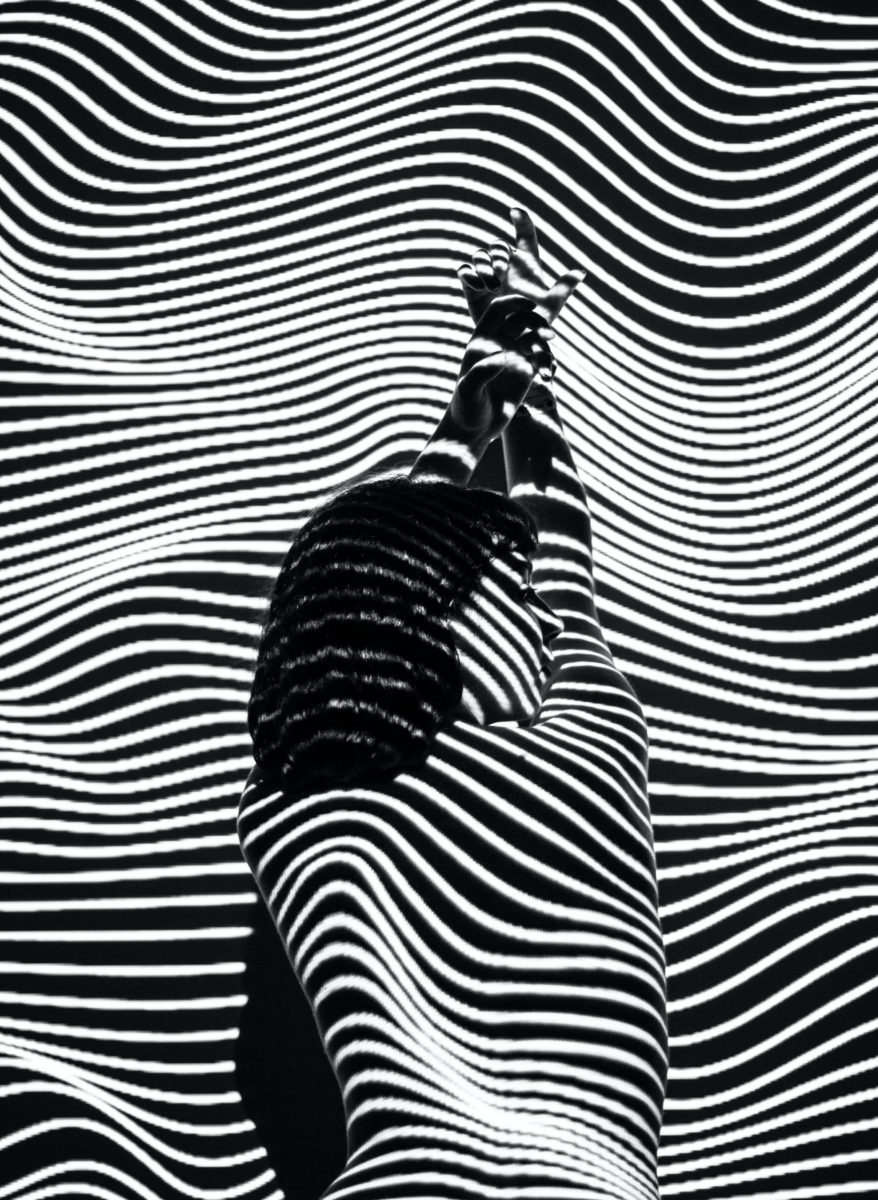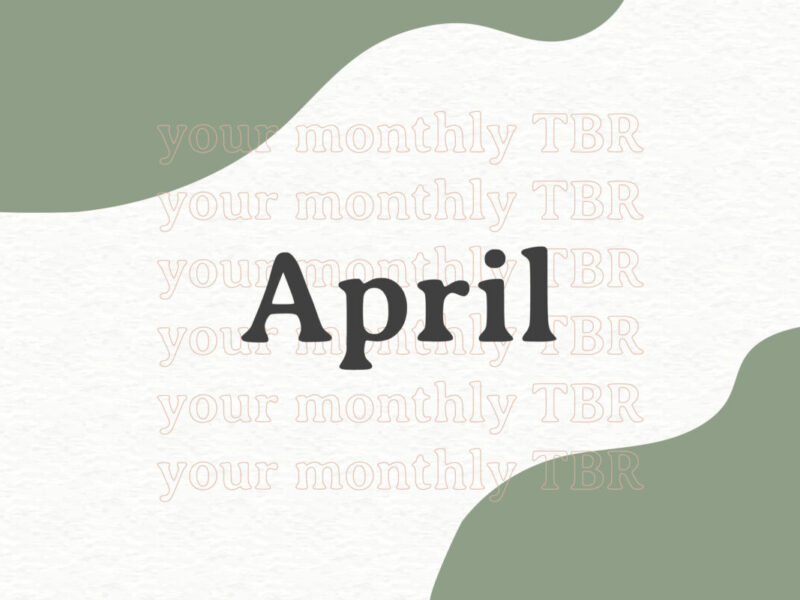Five Bold Poets Bending The Poetry Genre
Most writers have a favorite genre, whether that’s poetry, fiction, memoir, screenwriting, or many other forms. But what happens when writers push past the boundaries of these literary traditions? Major publications like Writer’s Digest have argued that the art of genre-bending could define the literary future, and readers increasingly seek out book recs that blur categorization. The literary journal Bending Genres fully dedicates itself to versatile, indeterminate texts. These five poets and writers showcase the emergence of this fascinating trend.
Claudia Rankine
Fans know Rankine as an award-winning poet, playwright, essayist, and race scholar. The New York Times praised Rankine’s book Citizen: An American Lyric as “indefinable,” after it appeared on nonfiction and poetry bestseller lists, as well as received recognition on lists dedicated to politics, civil rights, and even relationships. Readers can see a spellbinding example of Rankine’s genre-bending in this video she created with filmmaker husband John Lucas. In the short film, Rankine’s voice overlays footage that illustrates her poem “Stop and Frisk,” melding video and audio content into an amorphous work of art.
Anne Boyer
Poet Boyer won a 2020 Pulitzer Prize for her book The Undying in the general nonfiction category. A meditation on cancer that explores how it intersects with sexism and capitalism, The Undying could be described as memoir, lyric essay, social critique, and even research compilation. In this excerpt, titled “Bed Death & Beyond,” Boyer combines the directness of prose, the gorgeous imagery of poetry, and insights from classics scholars and historians to convey the gendering of death.
Maggie Nelson
Every bio of Nelson describes her work as “hybrid” or “genre-busting.” The poet behind beloved cult classic Bluets, Nelson also authored The Argonauts, an “autotheory” that delves into the concept of queer parenting. At times, its vulnerability most clearly links to poetry, while other excerpts read like a scholarly feminist essay. In addition to The Argonauts, Nelson’s The Red Parts provides a verse-heavy journey into the murder of Nelson’s aunt, a reopened trial, and a cultural phenomenon with violence against women.
Tyehimba Jess
Jess’s expansive second collection, Olio, which took Jess more than twenty years to write and earned him a Pulitizer, combines researched accounts of former slaves, performance art, song, slam stylings, and even the visual art of his creative forms into its overall poetic ambition. Publisher’s Weekly noted that “the collection’s strength lies in its contradictory forms.” In this video, Jess reads his poem “Blind Tom,” physically interacting with the words on a projector behind him so that he can showcase how the contrapuntal form—which he calls a “syncopated sonnet”—leaps, severs itself, and seems to magically reunify.
Elizabeth Acevedo
Poetry is for everyone, and Acevedo powerfully asserted that point with her bestselling book The Poet X, which won the National Book Award and introduced poetry to the young adult landscape. Dubbed a “verse novel,” the story lives both on the page and—uniquely—off of it, with readers encouraged to speak aloud to hear its crackling, electric rhythm. To hear how the techniques of diary entry, fiction, and slam poetry collide, listen to this excerpt from The Poet X audiobook, read by Acevedo herself.
Remember, genre is what you make it, and it never has to be just one thing. Try this postcard poetry prompt from Bending Genres to see for yourself. Or, approach your poem with a wealth of research about a topic that interests you: How can you combine the qualitative and the quantitative in your work for an all-new effect?




